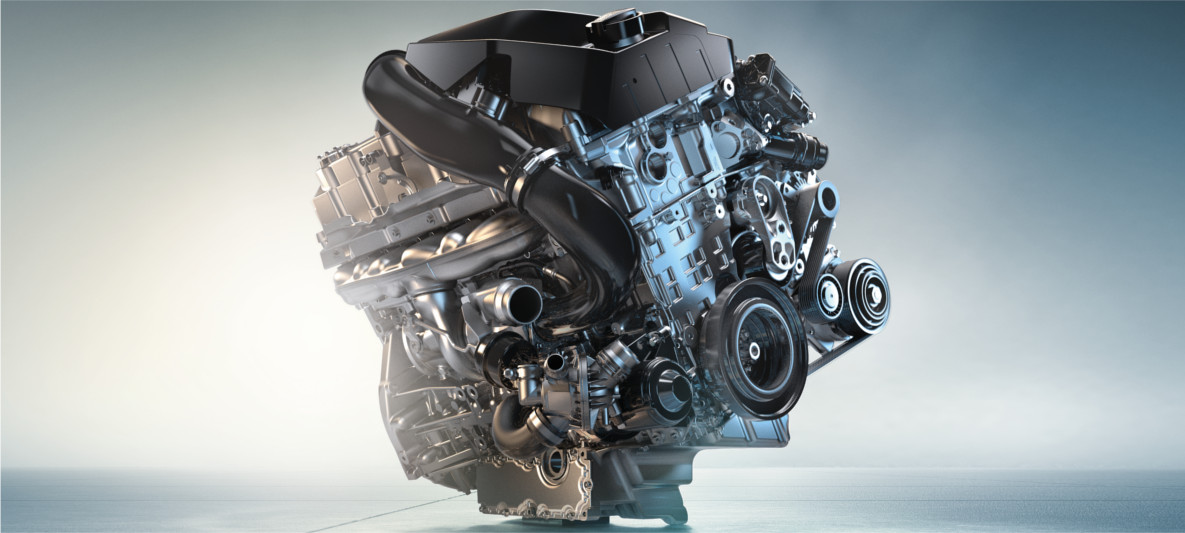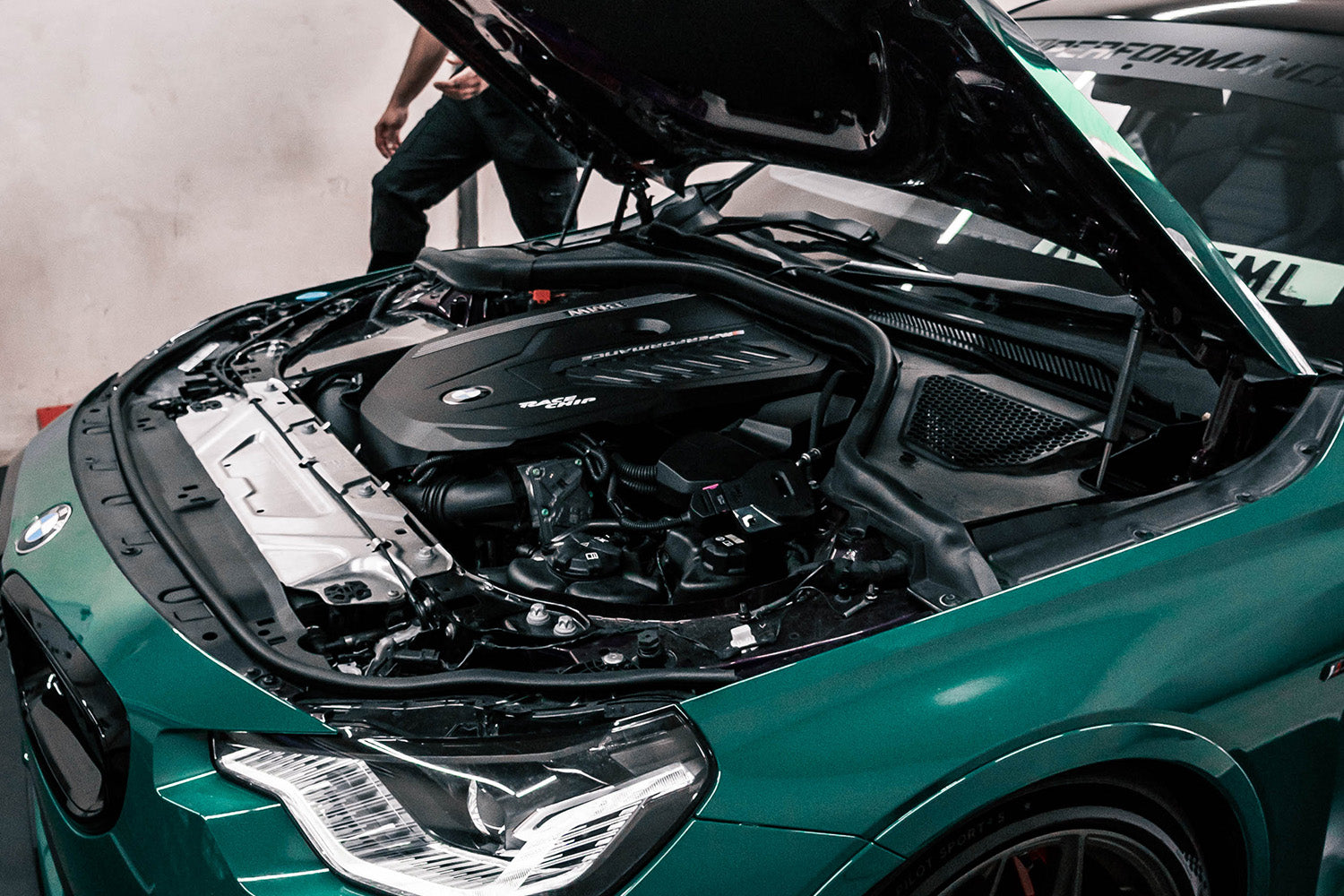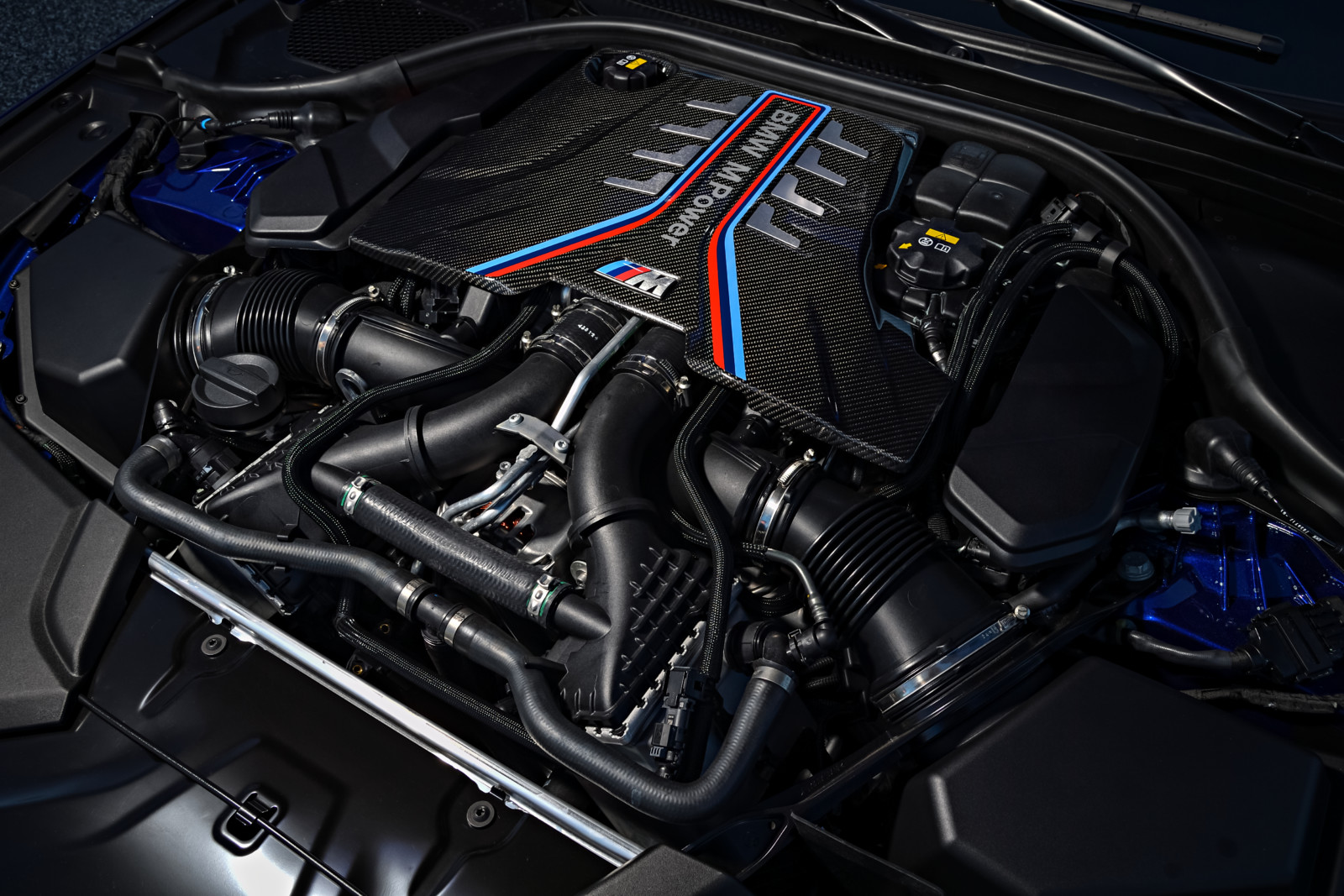The Development of the BMW Engine: A Look Back at Iconic Models
The Development of the BMW Engine: A Look Back at Iconic Models
Blog Article
Unveiling the Intricacies of Next-Generation Power Units: a Deep Study Advanced Engine Layouts and Technologies
In the realm of vehicle engineering, the unrelenting pursuit of efficiency, sustainability, and efficiency has thrust the advancement of power systems to unprecedented elevations. As we stand on the precipice of a brand-new era in transportation, the ins and outs of next-generation engine designs bid us to explore the sophisticated technologies and advancements that promise to redefine the driving experience. From sophisticated materials that press the boundaries of durability and weight reduction to innovative turbocharging and turbo charging systems that raise power output to brand-new levels, each component of these power units holds a key to opening the future of automobile design. Digging deeper right into the realms of exhaust control, intelligent engine monitoring systems, and the horizon of power unit advancement, we find ourselves on the cusp of a makeover that guarantees to reshape the landscape of wheelchair as we understand it.
Advancement of Engine Materials

The change in the direction of progressed engine products has also enabled designers to design engines with greater power outputs while maintaining fuel performance criteria. As an example, the usage of lightweight products lowers the overall weight of the engine, bring about enhanced gas economic climate and reduced discharges. Furthermore, innovations in materials innovation have permitted much better thermal monitoring within engines, leading to boosted dependability and long life.
Turbocharging and Supercharging Technologies
Exactly How do Turbocharging and Supercharging Technologies change engine performance and efficiency in contemporary cars? Turbocharging and turbo charging are innovations that dramatically boost engine efficiency by boosting the quantity of air intake into the combustion chamber. Turbocharging achieves this by using a turbine driven by exhaust gases to pressurize the intake air, while supercharging uses a belt- or chain-driven compressor to attain the same effect.
These technologies make it possible for smaller, more fuel-efficient engines to create power comparable to bigger ones, referred to as downsizing. By forcing more air right into the cylinders, supercharging and turbocharging enhance burning effectiveness, resulting in boosted horse power and torque outcome without a considerable rise in engine dimension. This results in better velocity, towing capability, and general driving efficiency.
Furthermore, supercharging and turbocharging add to enhanced gas efficiency by permitting the usage of smaller engines that take in less gas under typical driving problems - bmw engine. This combination of boosted efficiency and efficiency has made turbocharging and turbo charging essential components of lots of contemporary engine designs
Exhaust Control and Environmental Impact
With boosting global worries concerning air high quality and ecological sustainability, the execution of emission control technologies in vehicles plays a vital duty in lowering unsafe pollutants released into the ambience. Modern vehicles are outfitted with advanced exhaust control systems i loved this that assist decrease the environmental impact of vehicle procedures. Catalytic converters, as an example, are made to convert harmful gases such as carbon monoxide, nitrogen oxides, and hydrocarbons right into less harmful substances like carbon dioxide and water vapor.
In addition, innovations in engine modern technology, such as the assimilation of exhaust gas recirculation systems and discerning catalytic reduction, have actually considerably added to reducing exhausts. These technologies work in tandem to optimize burning efficiency and lessen the launch of damaging pollutants into the air. In addition, the advancement of crossbreed and electrical cars stands for a crucial step towards minimizing the overall environmental footprint of the transport field.
Intelligent Engine Management Equipment

In addition, these systems enable cars to fulfill rigorous exhausts standards without endangering efficiency, supplying a more ecologically friendly driving experience. The combination of artificial knowledge and artificial intelligence capabilities in engine monitoring systems remains to push the limits of what is feasible, bring about further renovations in efficiency, dependability, and total automobile performance. bmw engine. As auto innovation developments, smart engine management systems will play a critical role fit the future of transportation towards a more lasting and reliable instructions
Future Trends in Power Unit Advancement
As intelligent engine administration systems pave the method for boosted control and optimization in contemporary cars, future fads in power system development are positioned to redefine the landscape of auto propulsion technologies. These alternate power resources offer improved performance and efficiency while aligning additional resources with stringent ecological guidelines.
An additional substantial pattern is the assimilation of innovative products and manufacturing strategies. Lightweight materials such as carbon fiber and light weight aluminum are being used to lower overall lorry weight, boosting gas effectiveness and efficiency. Furthermore, developments in 3D printing and additive manufacturing are enabling the production of complex engine elements with higher accuracy and sturdiness.
Moreover, expert system and artificial intelligence are playing an essential function in optimizing power unit efficiency. These innovations allow for real-time surveillance and flexible control, leading to much more reliable and efficient power shipment. Overall, future fads in power unit advancement are geared towards performance, performance, and sustainability, driving the auto market towards a new age of propulsion modern technologies.

Final Thought
In final thought, the advancements in engine materials, turbocharging, discharge control, and intelligent administration systems have led the way for next-generation power systems. These technologies have not just enhanced performance and performance but also decreased environmental impact. As innovation proceeds to progress, future trends in power device growth are likely to concentrate on additional enhancing sustainability and enhancing power result. The complex designs and innovations in modern-day engines showcase the continuous advancement of auto modern technology.
Checking out the dynamic developments in engine materials has been crucial in boosting the efficiency and effectiveness of modern-day engines. Over the years, the evolution of engine products has actually played an important role in pushing the limits of what engines can achieve.The shift in the direction of progressed engine materials has actually also allowed designers to create engines with greater power outcomes while keeping gas performance criteria.The execution of intelligent engine monitoring systems in modern cars has changed the way engines are managed and optimized for performance and effectiveness. By gathering data in real-time and analyzing it with advanced formulas, intelligent engine management systems can adjust navigate here to driving styles, environmental elements, and engine wellness to take full advantage of power output while reducing gas usage and discharges.
Report this page